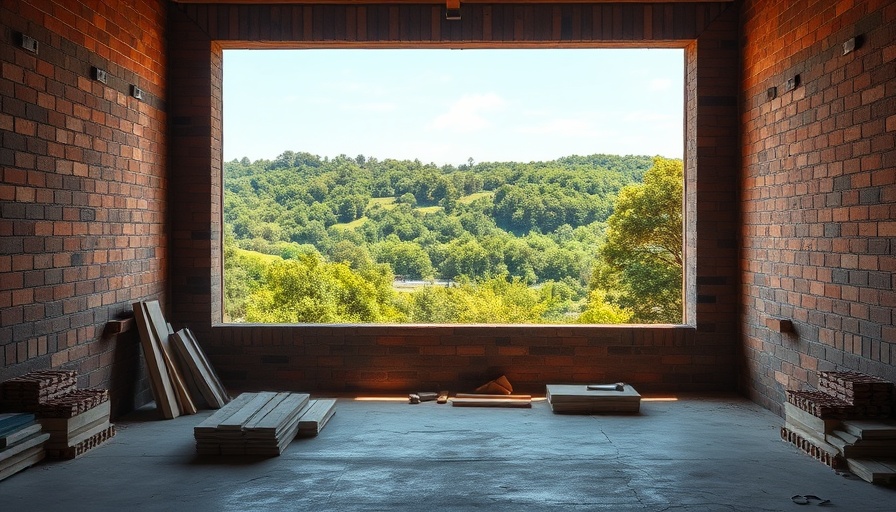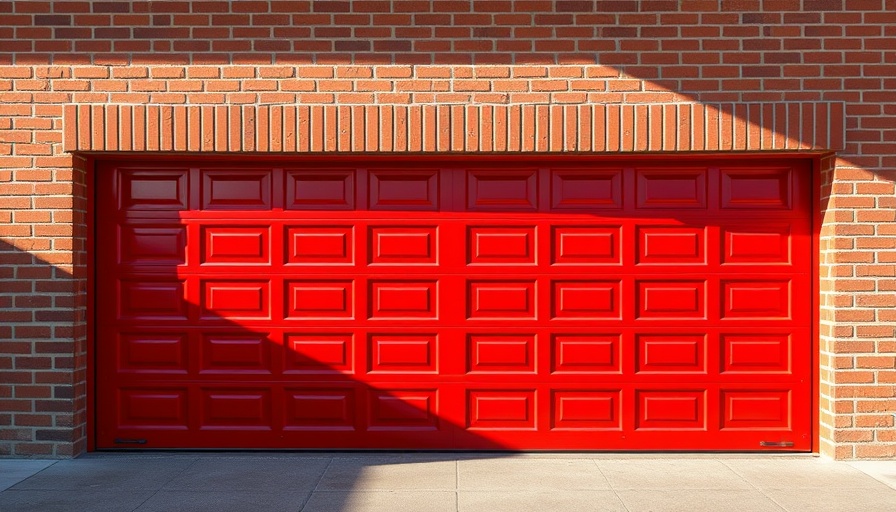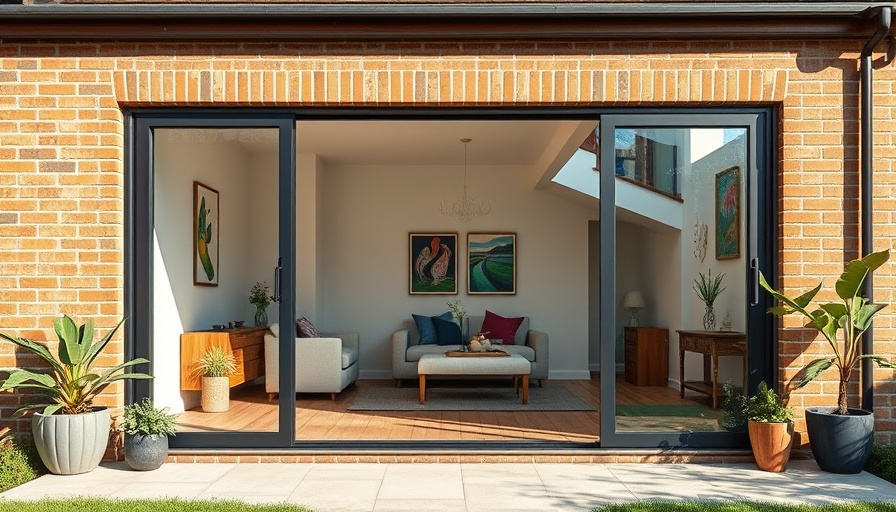
Understanding the Heat Pump Dilemma
Kevin McCloud, the well-known face of home design and sustainable living, recently sparked a conversation about the viability of heat pumps in poorer-performing homes. While he champions heat pumps due to their environmental benefits, he does caution that they may not be suitable for all residential scenarios, particularly for poorly constructed or leaky houses. This raises significant questions for homeowners, especially those in Virginia looking to invest in home improvements.
The State of Your Home Matters
Many homeowners often look at the latest technologies to improve efficiency and sustainability, but McCloud states that the effectiveness of a heat pump largely depends on the home's condition. Traditional gas boilers, like heat pumps, have utility but come with their own issues, especially in poorly insulated environments. Homes with significant air leaks or inadequate insulation will not reap the benefits of either heating option, leading to wasted energy and increased bills. Understanding your home’s construction can help guide better energy solutions.
Why Proper Insulation is Key
Upgrading insulation should be a priority for homeowners before implementing new heating solutions. The performance of heat pumps can be significantly hindered by a lack of proper sealing and insulation. When considering room additions or expansions—whether it be a sunroom addition, garage conversion, or an in-law suite addition—efficient insulation should be part of the planning process. By ensuring proper insulation throughout the house, homeowners can maximize the return on investment and overall effectiveness of their heating systems.
The Environmental Perspective
Switching to more sustainable options like heat pumps aligns with Virginia's growing focus on eco-friendly home improvements. As homeowners take on home expansion projects, it's crucial to consider energy efficiency not just from a heating standpoint, but also how these changes contribute to environmental sustainability. When done right, enhancements such as an energy-efficient home addition can reduce the home's overall carbon footprint.
Your Next Steps: Assess Before You Commit
Homeowners looking to implement changes should first conduct a home energy assessment. This helps determine the existing insulation quality and pinpoint issues needing attention before adopting technological updates. Whether through DIY methods or hiring professionals, ensuring your home is 'ready' for innovations like heat pumps will lead to optimal performance.
Call to Action: Transform Your Home
If you're ready to explore options for home additions or renovations that not only increase your living space but also improve your energy efficiency, take the first step by assessing your current home insulation and infrastructure. Doing so not only boosts the effectiveness of any new systems you plan to install but can also significantly enhance your home's market value. Discover local home addition contractors near you to discuss your peace of mind and sustainability goals!
 Add Row
Add Row  Add Element
Add Element 


 Add Row
Add Row  Add
Add 

Write A Comment